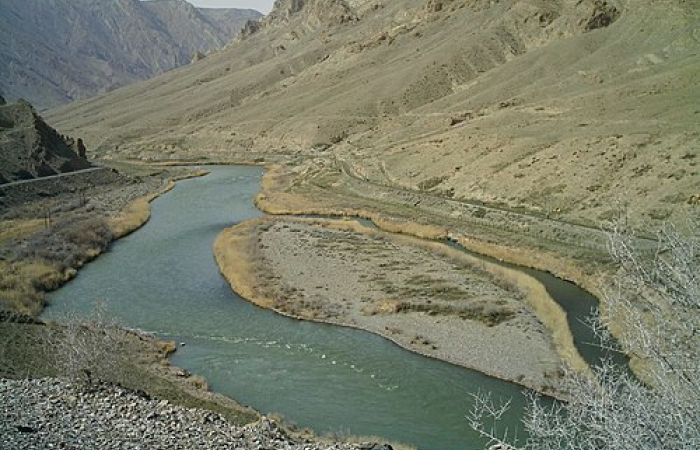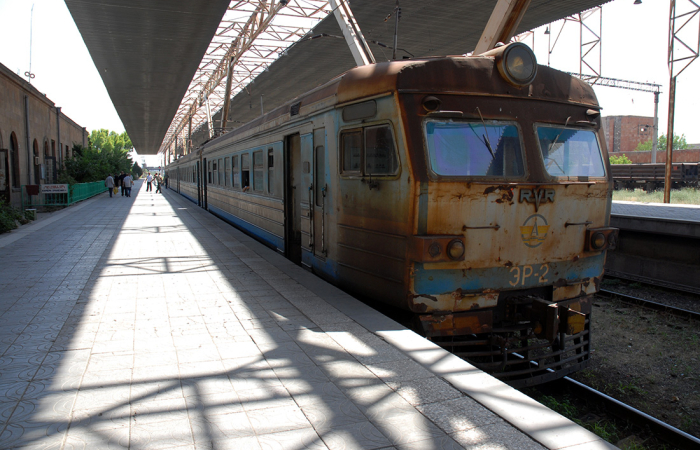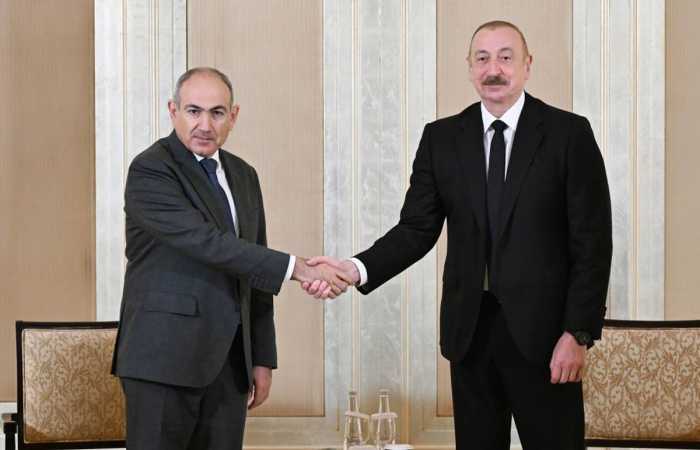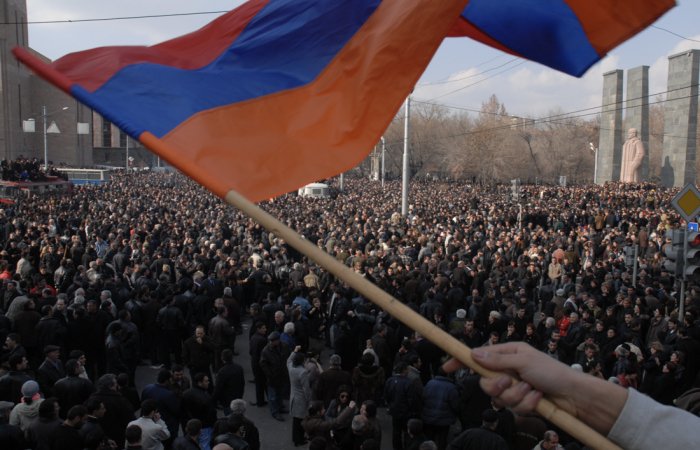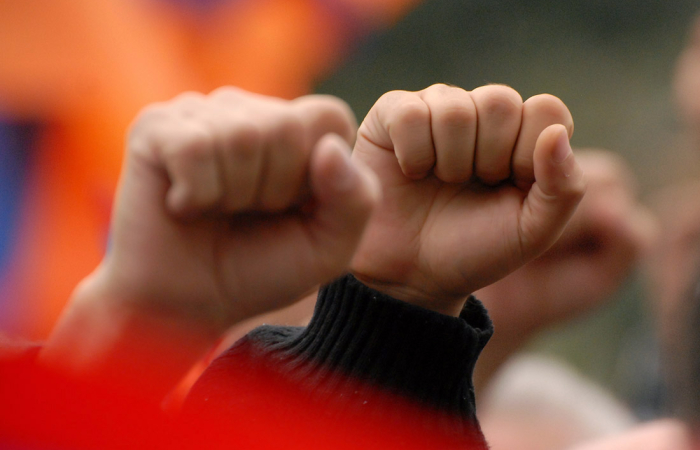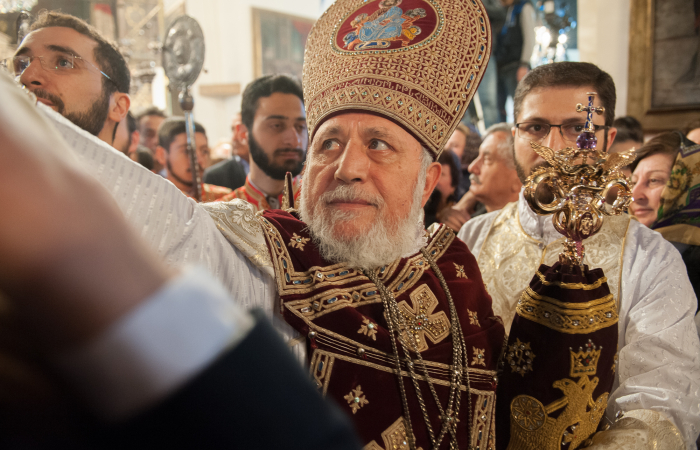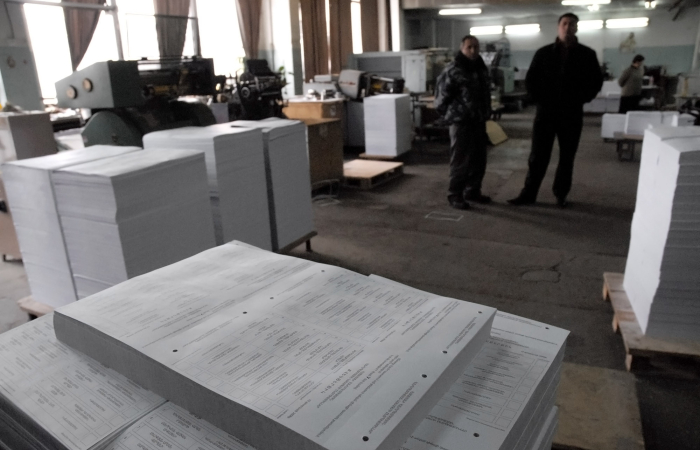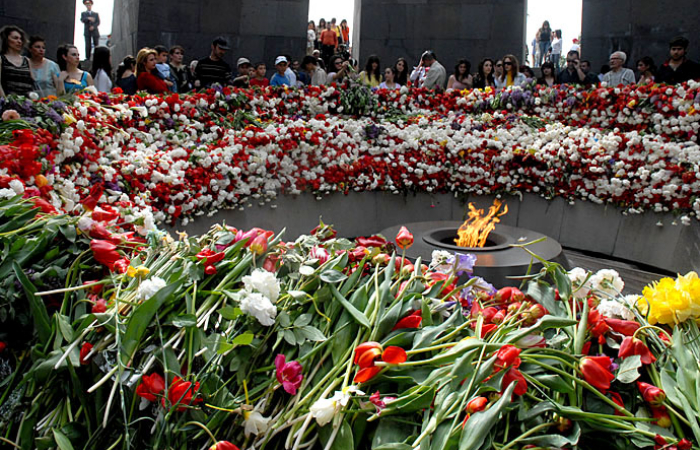Trending
Armenia-Azerbaijan Transit Requires Bilateral and Regional Dialogue
31 July 2025
Uncertainty has again emerged along the Armenia-Iran border as the risk of the long-standing conflict between Armenia and Azerbaijan turning into further geopolitical competition continues. What was once a post-war localised disagreement over territory and sovereignty is now entangled in a web of regional interests and strategic manoeuvring. Increasingly, peace risks being shaped less by the needs of local populations but more by the calculations of distant capitals. External interference has rather delayed progress almost five years since the 2020 war. If peace is the objective, then the region needs inclusive not selective diplomacy and definitely not new geopolitical fault lines.



